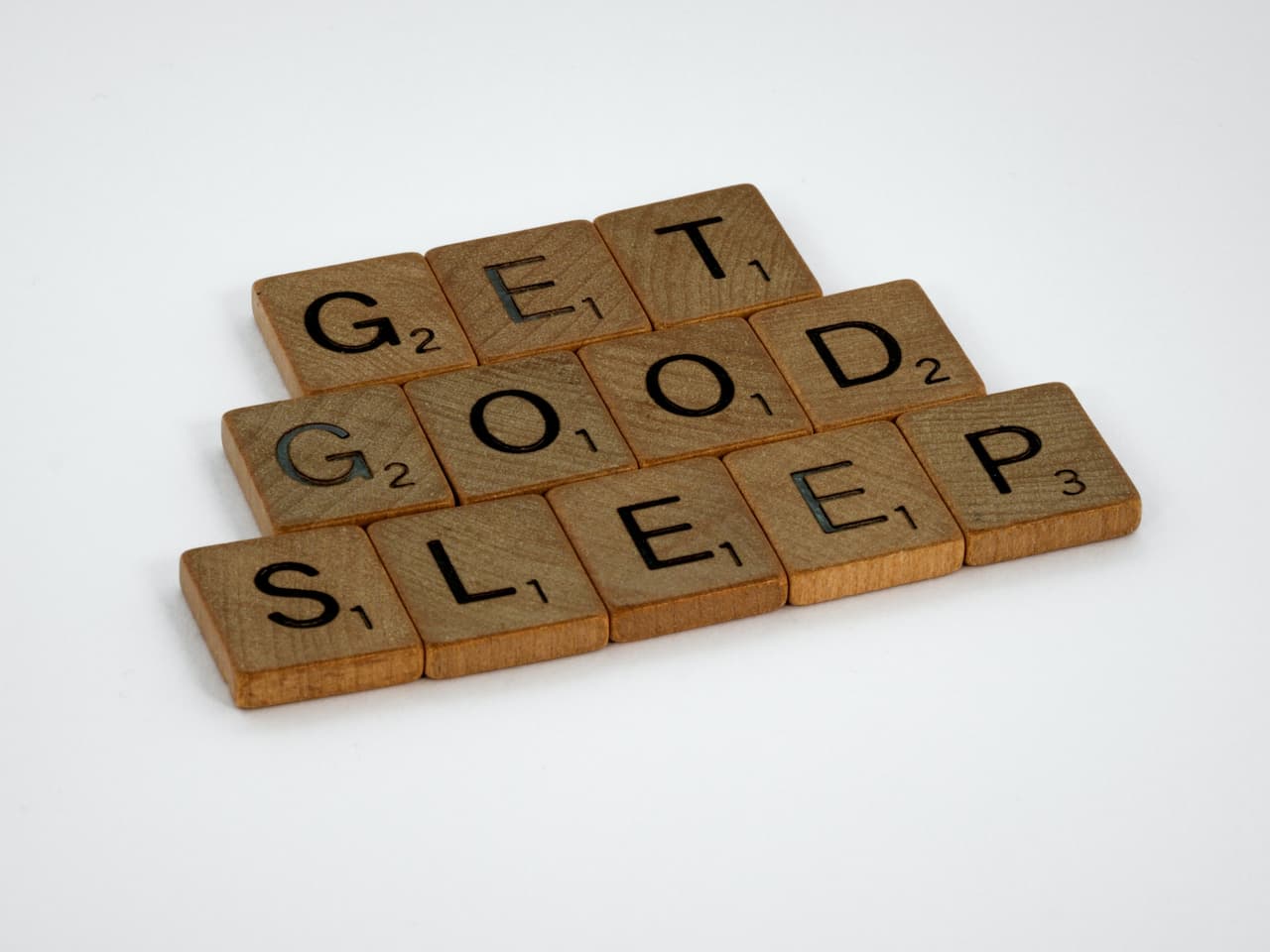Learn About Sleep and Memory
Sleep is an essential biological function that is critical for our overall health and well-being. Not only does it help regulate our metabolism and restore cellular function, but it also plays a crucial role in memory consolidation. During sleep, the brain undergoes a series of processes that replay the neural activity that occurred during wakefulness, allowing memories to be consolidated and integrated into the existing network of knowledge. Moreover, the brain clears out metabolic waste products that accumulate during wakefulness, further enhancing cognitive function.
Studies have found that both slow wave sleep (SWS) and Rapid Eye Movement (REM) sleep play critical roles in memory consolidation. In fact, REM sleep is crucial for memory consolidation, and sleep deprivation can have a negative impact on memory function. When we don’t get enough sleep, our ability to think creatively and generate novel ideas is impaired, making it difficult to come up with innovative solutions to problems. It also affects our ability to temporarily store and manipulate spatial information in our minds, remember verbal information, and process information accurately and quickly.
Sleep deprivation can lead to a decline in several cognitive domains, including reaction time, visual memory, vigilance, and decision-making. Neurocognitive deficits are usually at their worst in the early hours of the morning when the circadian rhythm primes the body for sleep. Excessive sleepiness and impaired performance are common after individuals remain awake for extended periods, and these effects worsen over the course of the night.
Sleep deprivation can have a profound impact on our cognitive abilities. When we are sleep-deprived, our brains struggle to function optimally, which can lead to a decline in several cognitive domains. For instance, reaction time can be slowed down, making it more difficult to respond quickly to stimuli. Visual memory can also be negatively affected, making it harder to remember details or recall visual information accurately.
which can lead to a decline in several cognitive domains. For instance, reaction time can be slowed down, making it more difficult to respond quickly to stimuli. Visual memory can also be negatively affected, making it harder to remember details or recall visual information accurately.
Another critical cognitive domain that can be affected by sleep deprivation is vigilance. Vigilance refers to the ability to maintain focus and attention over prolonged periods, which is crucial for completing tasks that require sustained attention, such as driving, reading, or studying. When we don’t get enough sleep, we are more likely to experience lapses in attention and errors, which can have serious consequences in certain situations.
Furthermore, sleep deprivation can also impair decision-making abilities, making it harder to make sound judgments and choices. This can be particularly problematic in high-pressure situations where quick, accurate decisions are necessary.
The negative effects of sleep deprivation on cognitive function are usually at their worst in the early hours of the morning when the circadian rhythm primes the body for sleep. This can lead to excessive sleepiness and impaired performance, which can have significant consequences for our daily lives. For example, if you need to perform a critical task, such as driving or operating heavy machinery, in the early hours of the morning after staying up all night, your cognitive abilities may be severely compromised, putting yourself and others at risk.
Finally, the effects of sleep deprivation worsen over the course of the night. The longer you remain awake, the more pronounced the effects become. This means that the cognitive deficits caused by sleep deprivation may accumulate over time, leading to a more significant decline in cognitive function.
Given the significant impact of sleep loss on various neurocognitive domains, it is essential to prioritise good sleep hygiene to optimise cognitive function and maintain overall health. This includes getting enough sleep each night, establishing a regular sleep schedule, creating a comfortable sleep environment, and avoiding substances that can interfere with sleep, such as caffeine and alcohol. By prioritising good sleep habits, we can support our cognitive performance and maintain our overall health and well-being.
So, let’s make a commitment to get the sleep we need to support our brain function and well-being. Prioritising good sleep hygiene is not just a matter of feeling rested but is vital for our overall health and cognitive function. Get the rest you need, and watch your brain power soar!





